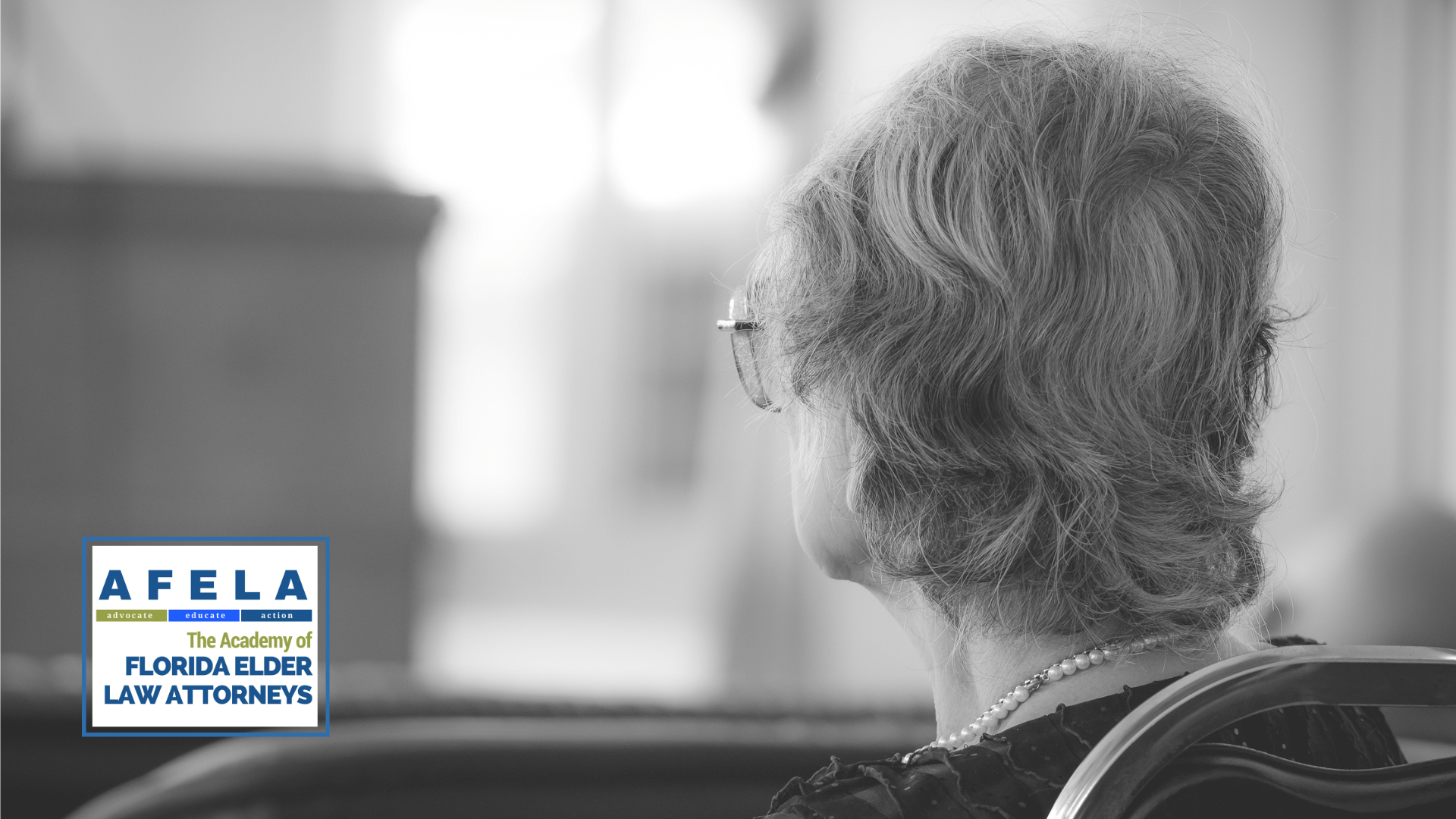
Reviewed by Jason Neufeld, Esq.
In your family, do you have a loved one with dementia? Are you considered the primary caregiver for your loved one? If your answers are yes, we know it is hard to watch your loved one struggle with dementia and see his or her sadness and confusion each day. In fact, the feelings of sadness and confusion may result in angry outbursts and belligerence. There are five tips we would like to share with you to help you as you care for your loved one with dementia.
To begin, dementia causes the deterioration of brain cells which can affect memory, thinking and social interactions. You may find that your loved one’s behavior changes. For that reason, there may be nothing you can do to change him or her, nor should you expect the behavior to change. Remind yourself that any negative behavior you are witnessing may be the symptoms of his or her illness. We would like to share the following five tips to help you, as the caregiver for your loved one, keep your loved one safe within the disease process.
Knowledge. Learn as much as you can about dementia. Be sure to start by talking to the doctor of your loved one. Visit the website of AARP and Alzheimers.net which are two good websites with information about dementia and how to care for your loved one. When you research dementia you will be able to gain an understanding of the disease, how it may progress and how to best empathize and care for your loved one.
Simplicity. Often, with dementia, a person can be overwhelmed by a situation. Visits from family and friends are good, but just have one or two over at a time. Go out to eat at a favorite restaurant with just yourself or one or two others. Keep any situations your loved one is involved in or explanations that need to be made, simple. Too many words, explanations, and voices are distracting, so again, keep it simple.
Routines. For someone with dementia routines and schedules are good. You can help your loved one with dementia by establishing a routine, which can lessen his or her confusion and frustration and make him or her feel safe. For example, a morning routine could include: waking up, going to the bathroom and washing hands, having breakfast, brushing teeth and taking a shower. Meals should be scheduled at the same time each day. Also, include a daily walk or outdoor activity in your routine. Routines will provide structure for your loved one. Hanging a written schedule on the wall will help your loved one remember the routine. You can also give your loved one a notebook that he or she could carry with the schedule written in it.
Calm. If your loved one needs to go to the doctor, talk calmly with them about the appointment and what will be happening. If your loved one is agitated or anxious, again, just talk quietly and calmly. Art and music can be calming, as well as reading. As written in the opening paragraph, the disease process can be responsible for making your loved one argumentative. Be careful to not mirror your loved one’s anger with your anger. In fact, have a plan for yourself if you begin to experience feelings of anger or irritation while caring for your loved one. The best thing you can do may be to step outside for a moment and catch your breath, or at least pause and count to five. You need to allow yourself time to reset, and remind yourself that the behaviors your loved one is exhibiting may simply be the symptom of his or her disease.
Estate plan. Be sure that your loved one has all his or her estate planning documents. It is important that these documents be created as soon as possible, while your loved one has capacity. We recommend you make an appointment with a Florida estate planning attorney.
Finally, as your loved one’s primary caregiver, be sure to take care of yourself. Always reach out to your family members and friends for help. Caring for a loved one with dementia is a full time job. It may not always go perfectly, but you should treat yourself with the same kindness that you treat your loved one. Keep in mind, the fact that you are present and caring for your loved one can be the greatest source of support and comfort you can provide.
The Academy of Florida Elder Law Attorneys (AFELA) is the pre-eminent organization of Florida elder law attorneys providing advocacy, education and action on behalf of seniors and people with disabilities. We encourage you to contact one of our attorneys in your area using our Find a Lawyer website for assistance.








